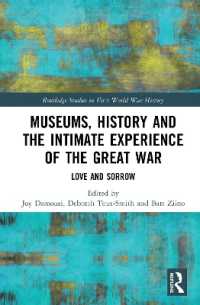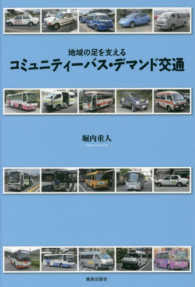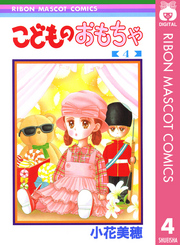Full Description
Identity of Chinese Heritage Language Learners in a Global Era enriches the current research on heritage language (HL) learner identity by examining how identity is constructed, negotiated, and performed in the narratives of university Chinese HL (CHL) learners in Hong Kong.
This monograph has identified three sub-categories of CHL learners: domestic-born Chinese, 'third culture' Chinese, and overseas Chinese sojourners. Through systematically examining these CHL learners' life-history narratives about language learning, language use, and social experiences from early childhood to university time, this monograph shows how CHL learner identity is dynamically constructed and changed through self and social positioning across a wide range of spatio-temporal contexts. It also adopts investment, agency, and imagined communities to examine the shared discourses which reflect the relationship between identity and the larger social processes that involve transnational or postcolonial encounters. This monograph contributes to reflections on the emerging discourses of HL learner identity in the context of multilingualism and transnational migration. It challenges the stigmatised image of CHL learners as 'diasporic subjects' or 'language minority students' in the literature and conceptualises CHL learners as transformative linguistic and social actors in processes of transnational migration and institutional change.
This monograph is targeted toward educators, researchers, and professionals working in the fields of heritage language, overseas Chinese studies, migrant studies, and intercultural studies.
Contents
AUTHOR'S NOTE
List of Tables
List of Figures
1 INTRODUCTION
Heritage Language
Definition of HL Learners
Differences between HL and L2 Learners
Research Background
Chinese as a Heritage Language
CHL Speakers as Learners
Means of CHL Learning
Home Language Maintenance
HL Schools
Mixed CFL Classes
The Sociolinguistic Landscape of Hong Kong
The English Landscape
The Changing Linguistic Landscape
University CHL Students in Hong Kong
Rationale for Research
Research Question and Aims
2 UNDERSTANDING HL LEARNER IDENTITY
The Interactional Sociolinguistic Paradigm
The Sociopsychological Paradigm
The Poststructuralist Perspective
Understanding Identity in Narratives
The Intersection between Identity and Storytelling
The Co-construction of Identity in Narrative Interviews
Positioning Theory
An Integrated Framework for Understanding CHL Learner Identity
3 THE RESEARCH PROJECT
Epistemology
Narrative Inquiry
Establishing Rapport and Reciprocity
The Research Setting and Participants
Data Analysis
Trustworthiness
Ethical Issues
4 IDENTITY IN LANGUAGE LEARNING
The Narrative Events
Learning Experiences at Early Life Stages
Chinese Learning in School-based Contexts
Chinese Supplementary Schools Overseas
CFL Classes in Hong Kong K-12 Schools
Class Adaptation for Transnational Learners
Home Language Learning
Reconstructing Learner Identity
Peer Influence
Asian Pop Culture
Career Benefits and Identity-Related Issues
The University CFL classes
Summary
5 IDENTITY IN LANGUAGE USE
The Narrative Events
Multilingual Practices
Language Practices at Home
Language Socialisation at University
CHL Ideologies and Language Hierarchies
Cantonese and Mandarin
Traditional and Simplified Characters
Summary
6 IDENTITY IN SOCIAL EXPERIENCE
The Narrative Events
Before-and-Now: The Western-versus-Chinese
"I Just Feel More Comfortable with a Chinese"
"Culturally I Understand More Where They Are Coming From"
"They Still Live in the Sixties"
Here-and-Now: Local-versus-International
"Definitely the International"
"Like People from the Similar Backgrounds"
"We Are More Outgoing and We Have More Leadership Skills"
"They Are a Bit Stuck"
Summary
7 CONCLUSIONS
Agency and Investment Change in CHL learning
Language Practices in the Context of Superdiversity
Social Membership and Imagined Communities
Implications of the Study
Further Suggestions
REFERENCES
Appendix A: Interview Guide
Appendix B : Transcription Conventions








